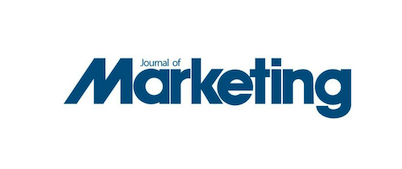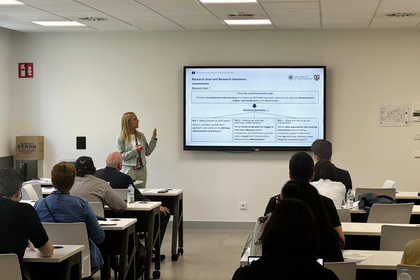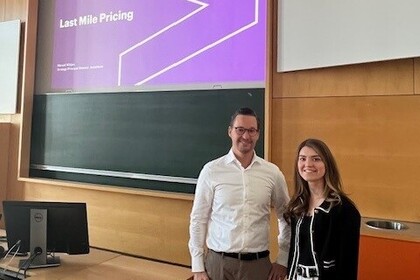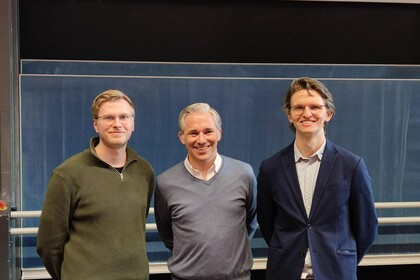New Publication on Wage Inequality in the Journal of Marketing

The pandemic put a spotlight on the rising wage inequality between top managers and employees. In Germany, for example, an employee has to work 36 years to earn the annual wage of a top manager. By comparison, an employee in the UK would need 55 years and 134 years in the US. This urges the question: Do companies have an incentive to raise or reduce wage inequality?
In a new paper published in the Journal of Marketing, Boas Bamberger, Dr. Dominik Wielgos and Prof. Homburg provide compelling insights into the impact of wage inequality on customer satisfaction and firm performance.
In two empirical studies, the authors show that wage inequality boosts firm profitability in the short run. In the long run, however, this positive effect disappears. What remains is a negative effect on customer satisfaction, as wage inequality motivates employees to act opportunistically toward customers and become less customer-oriented.
The study urges managers to consider the customer and long-term consequences of growing wage inequality. It also offers policymakers a valid argument to build consensus with managers that it would be best for society and businesses to reduce wage inequality.
Interested to learn more? Read the full article here:
Not enough time? Find the press release and a online seminar, in which the authors talk about their interesting findings here:



